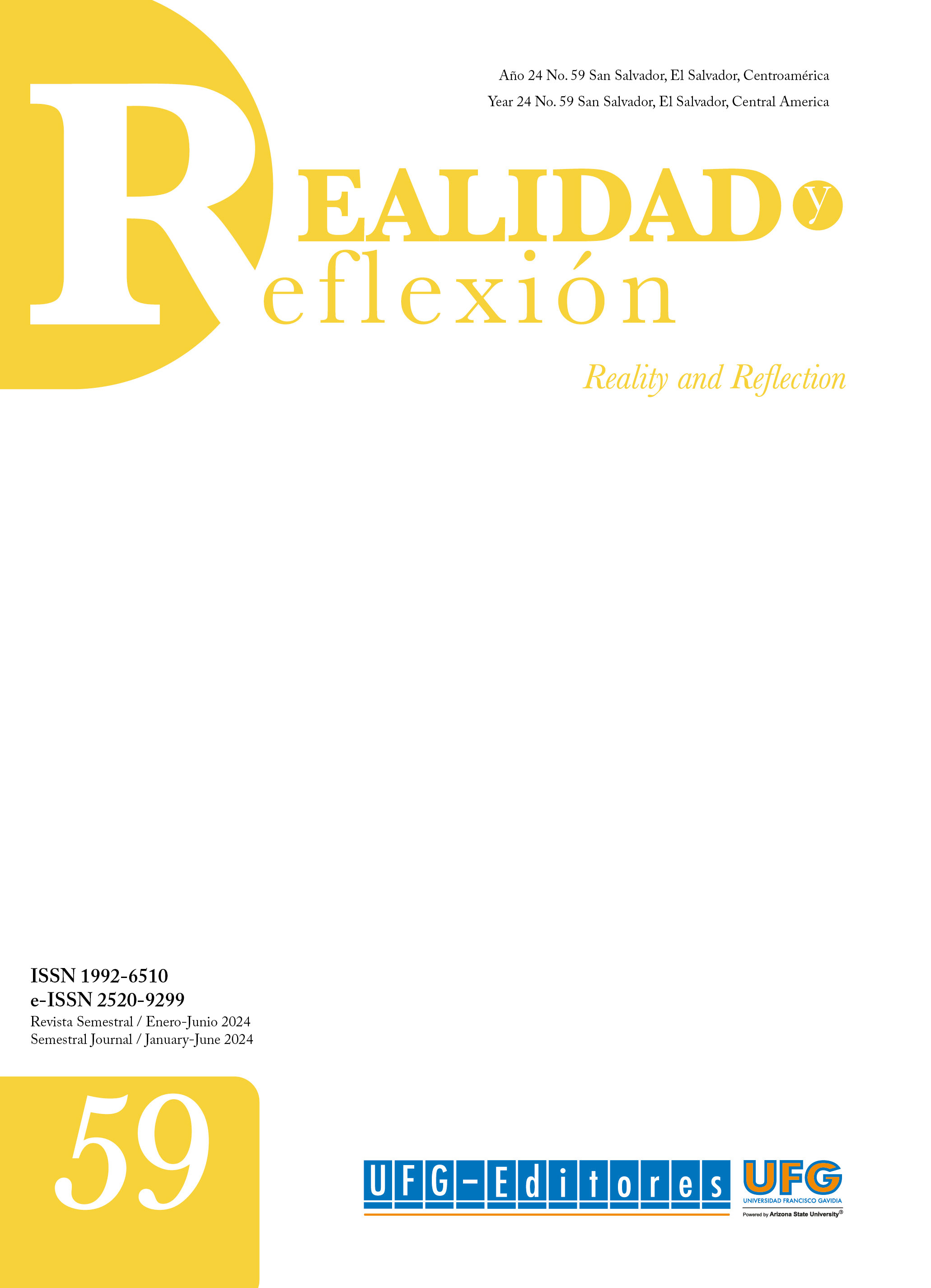Virtual simulators: analysis of learning experiences
DOI:
https://doi.org/10.5377/ryr.v1i59.18714Keywords:
simulation-based learning, Internet of Things, virtual simulators, El SalvadorAbstract
Organizations increasingly require more qualified technical personnel to maintain innovation, increase profitability, and offer both quality products and services. If they do not do so, they become more vulnerable to being relegated, carrying out outdated processes and losing market share. However, the formation of human capital is onerous, slow and incipient. Therefore, it is not surprising that simulation-based learning is currently an increasingly common modality, especially due to the advent of new technologies for this purpose. The Fourth Industrial Revolution requires new positions with specific profiles, where specialized technical competencies and soft skills are essential. Therefore, training processes must incorporate innovative strategies that can effectively blend the technical and attitudinal aspects. For this reason, the author continued research on Internet of Things education as a viable strategy, both technically and financially, for developing human capital for the Industry
4.0. This article summarizes the analysis of two learning experiences about IoT in which virtual simulators have been used for students of Secondary and Higher Education, showing the benefits and limitations of this modality as well as the identification of the causes that hinder its effective and efficient application, thereby providing inputs that validate or show key elements in the formation of technical courses.
Downloads
711
Downloads
Published
How to Cite
Issue
Section
License

This work is licensed under a Creative Commons Attribution-NonCommercial-ShareAlike 4.0 International License.
© Universidad Francisco Gavidia
Instituto de Ciencia, Tecnología e Innovación (ICTI)
Reality and Reflection
The content and opinions expressed in the publication are the responsibility of the authors of the published articles. The authors assign the publishing and publishing rights, in printed and digital version, to the Universidad Francisco Gavidia.
Proof of originality and assignment of publication rights
The authors must sign a certificate in which they indicate that the text presented for publication is original, unpublished and that it has not been sent for review in another academic publication; In turn, the authors assign the rights of publication and publication to Francisco Gavidia University. The format of this record will be sent through the emails: editores@ufg.edu.sv and jlozano@ufg.edu.sv
The journal Reality and Reflection is housed in the institutional dissemination platforms (web page and in the repository), as well as in databases and other pages of scientific dissemination. The publications of the Francisco Gavidia University are subject to the Salvadoran copyright law, contemplated in the Intellectual Property Law https://www.asamblea.gob.sv/
The content of the work is the sole responsibility of the author, therefore, if for any reason or reason, direct or indirect, the Editor is obliged to pay any compensation to a third party derived from the work of the author, whether it is established in a transaction, agreement or final or enforceable judicial sentence, the Editor may repeat against the Author for the total amount of compensation, plus adjustments, interests and costs that correspond.
It will be the obligation of the UFG to grant five copies of the publication which will be delivered at the UFG Editores headquarters in San Salvador.

